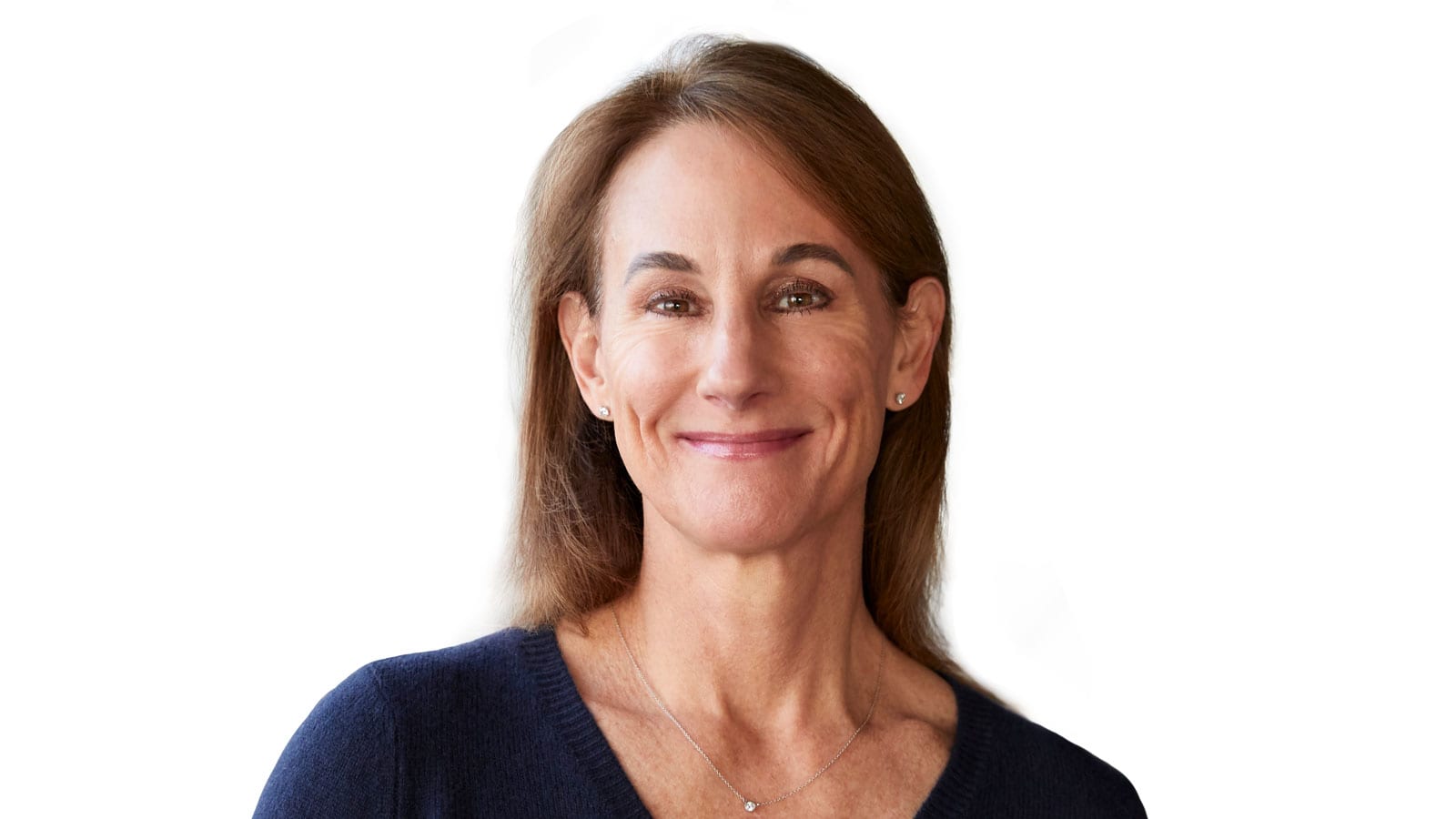PCC Board members host virtual Q&A
This article was originally published in May 2021

Members of the PCC Board of Trustees introduced CEO Suzy Monford to members, discussed growth and PCC quality standards, and answered questions at their most recent virtual “meet and greet.”
Board President Catherine Walker reviewed the co-op’s COVID responses and other challenges and successes, noting that the co-op’s membership has now reached nearly 90,000 members, an increase of around 20,000 people over the past year. She discussed the complexities associated with the Seattle City Council ordinance requiring a $4/hour hazard pay bonus for grocery workers and expressed the board’s support for Monford.
“I can tell you (Monford) is a person of integrity and compassion. She loves the grocery business and she has broad experience in natural and organic food and products,” Walker said. “She thinks deeply about community and stakeholders, and that makes her the right match for PCC.”
Monford, who grew up in Texas, told PCC members she had spent her entire career in hospitality and service work, starting her career at the H-E-B chain (the “national grocer of Texas”) and then Texas’ Central Market. She was later head of innovation for Australia’s largest supermarket chain and was most recently president of Kroger-owned QFC, where her work included successfully advocating for the company to eliminate single-use plastic bags.
Monford praised PCC for ideals that land the co-op “between purpose and pragmatism,” and lauded PCC for reinvesting in the community and local farmers. She said she was humbled and grateful to join PCC, choosing the job “because of our mission, our vision and our values. It’s exactly who I am, what I’m fundamentally dedicated to.”
Walker and other board members and some of PCC’s executive team fielded questions at the quarterly meeting about the challenges of growth, with some members requesting stores in new locations and others concerned the co-op is getting too big.
Two stores are currently in the pipeline, Walker said—a downtown PCC and a relocated Kirkland store. (The co-op also has longstanding plans for a Madison Valley store.)
“The question of growth is perennial to a co-op, I think, and it’s one of the toughest questions for a consumer co-op,” Walker said.
She said the board approaches growth conservatively, but if the co-op can grow prudently and responsibly, remaining true to PCC’s mission and values, “why would we not?” She added that board members appreciate that “the growth we engage in really needs to serve the best interests of membership and employees, and the producers and growers and the communities where the stores are located.”
Brenna Davis, vice president of social and environmental responsibility, discussed PCC’s product standards. She and Walker answered questions on PCC policies and goals.
Among the questions raised (in order):
Q: Why is carrageenan (a thickener and emulsifier derived from seaweed) present in some PCC products?
A: (Davis): Carageenan, which some studies link to gastrointestinal disorders and other illnesses, is not allowed in new products carried by PCC. Some older specialty products with carrageenan remain on our shelves if there are not good alternatives, such as spray whipped cream. Those older products will gradually be phased out.
Q: What is Field Day?
A: (Davis): Field Day is a lower-cost line of organic products. The high-quality foods meet rigorous USDA Organic standards as well as PCC standards, but the ingredients are not as traceable as, for instance, buying products from an individual producer. Field Day helps meet PCC’s goal of making organic foods accessible to everyone.
Q: What is PCC doing to reduce plastics?
A: (Davis): Since 2018, when PCC pledged to achieve a plastic-free deli by 2022, it has eliminated some 8 million pieces of plastic from the deli by transitioning to compostable containers. The plastic produce bags previously used for potatoes and onions have been replaced with paper bags. This year we will do more trials of compostable produce bags to see if we can find one “that actually works and doesn’t disintegrate in your refrigerator (like the ones) in our first tests.” We are also working with vendors to reduce plastics in their packaging, as with the new bulk items in the Health and Body Care department, and we partnered with Ridwell so PCC members can join at a discount and recycle plastic film and other hard-to-recycle products at home. COVID temporarily forced us to switch bulk goods into single-use containers and added packaging for some hot bar items, but these are temporary setbacks.
Q: When will the Burien PCC be certified under the Living Building Challenge? (The Ballard PCC recently became the world’s first LBC petal certified grocery store.)
A: (Davis): While the Burien PCC is a green building, LBC certification begins before stores are built, including fundamentals like building materials and ventilation systems. Existing PCCs cannot be retrofitted for the certification, but we do expect future PCC stores will be LBC certified.
Q: How diverse is the PCC Board of Trustees?
A: (Walker): We are striving for a board that is 30% to 40% composed of people of color, and are actively recruiting candidates. Currently just one trustee is non-white, but if all the candidates who are POC win seats in the 2021 election the Board would be 28% POC.
Q: Have we ever considered becoming a B corp (where for-profit companies are certified in social and environmental performance)?
A: (Walker): It would be a move backwards for PCC. Even B Corps have shareholders who expect value creation to benefit their shares, while a co-op is member-based and each member is equal in equity positions.
Interested in joining future meetings with board members? Click here to learn more.
